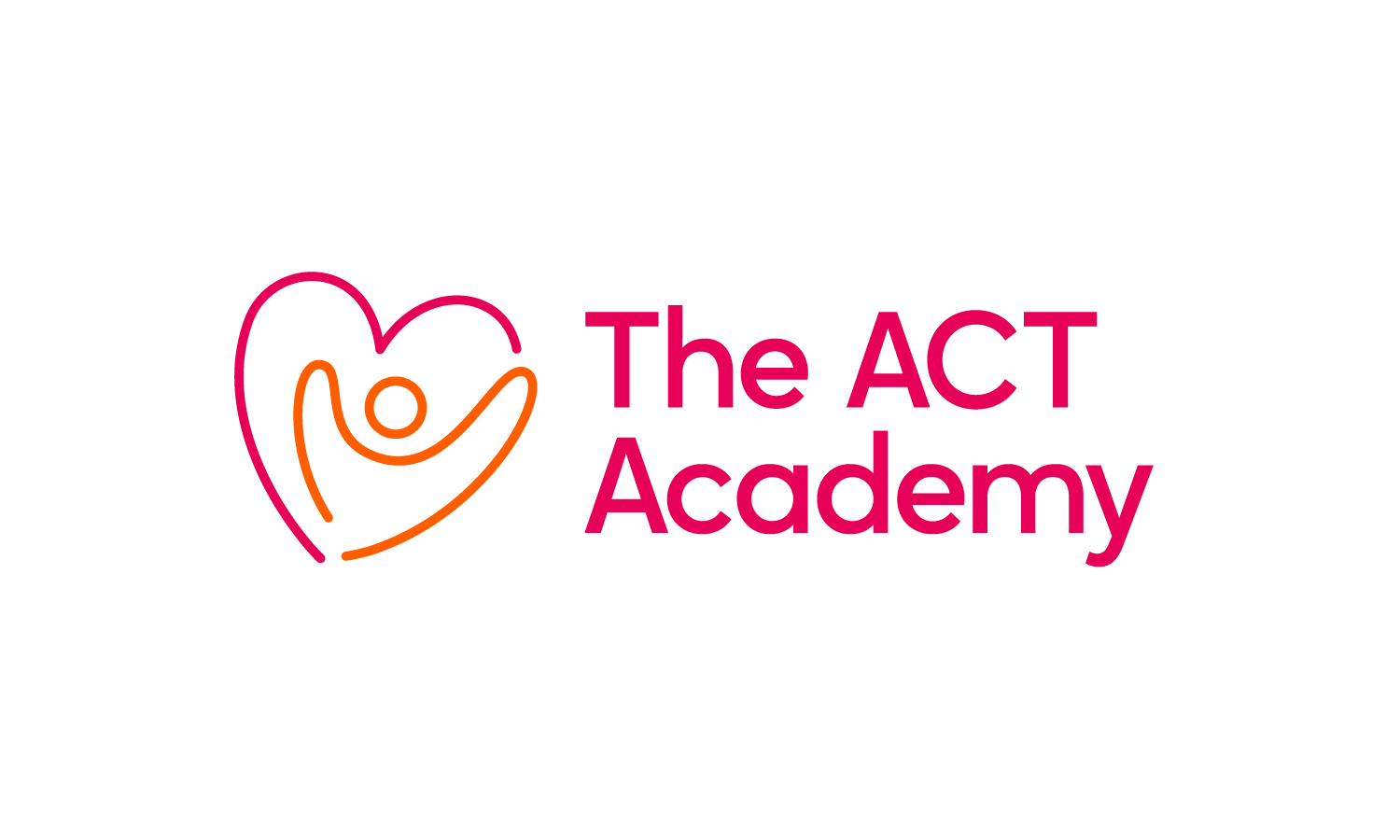6 CEs
Acceptance & Commitment Therapy: Basics & Beyond
Andy Santanello, PsyD
Licensed Psychologist
ACT Peer-Reviewed Trainer
Amanda Rhodes, PsyD
Licensed Psychologist
Founder
October 18th, 2024 | 9am-4:30pm EST | In-Person, Live
Program Abstract: This workshop serves as an immersive exploration into Acceptance and Commitment Therapy (ACT), combining didactic and experiential elements to provide participants with a comprehensive overview and practical application of this evidence-based therapeutic approach. Beginning with the foundational concepts of Functional Contextualism and Relational Frame Theory, participants will dive into the transformative principles of ACT. Presenters will introduce the Model of Psychological Flexibility, exploring its definitions, empirical outcomes, and applications through case conceptualization. Core processes such as Cognitive Defusion, Acceptance, Present Moment Awareness, Self-as-Context, Values, and Committed Actions are covered in plain language, offering practical tools and strategies for fostering meaningful behavior change. Special topics focus on applying ACT with children and adolescents, handling therapeutic challenges, and overcoming barriers. The workshop features experiential exercises, including role plays, and concludes with a review, Q&A, and next steps. Join us for an enriching experience that seamlessly integrates theory and practice, equipping attendees with valuable insights into the transformative potential of ACT!
Target Audience: The workshop is ideal for beginning practitioners new to the model as well as those already practicing ACT at an intermediate level who want to refresh their repertoire. It is appropriate for all behavioral health professionals, including Psychologists, Licensed Mental Health Counselors, Psychiatrists, Social Workers, and Psychiatric Nurse-Practitioners.
Continuing Education Details: Participants are required to attend the entire training. Partial credits cannot be issued. For psychology CE credits, completion of the evaluation is strongly encouraged. If you do not wish to complete the evaluation but desire to receive psychology CEs please contact info@theACTacademy.com after the training event.
There is a 30-day time limit post-training to complete all CE requirements. CE Credit Certificates will be emailed to all completers of the training within 30 days after all course requirements have been completed. CEs are awarded contingent on timely post-event paperwork submission by event organizers.
CEs for Counselors: ACT Basics has been Approved by NBCC for NBCC credit. The ACT Academy is solely responsible for all aspects of the program. NBCC Approval No. SP-4676.
Learning Objectives:
Describe the philosophical underpinnings of Functional Contextualism.
Formulate presenting problems in an ACT framework.
Define the 6 core processes of Psychological Flexibility.
Conduct functional assessments to understand clients' behaviors in context.
Tailor assessment tools and techniques to measure clients' progress and evaluate the effectiveness of ACT interventions.
Develop skills to manage common challenges and barriers in ACT, such as resistance to acceptance, difficulties in values clarification, and adherence to committed action plans.
About the Presenter: Amanda Rhodes, Psy.D a licensed clinical psychologist in Maryland, USA. She spent her early career as Research Psychologist at the NIH. Her research focused on contextual behavioral science and clinical health psychology in cancer and chronic illness populations. She has been researching, applying, and training others in ACT for the past 10 years. She currently directs an ACT-based clinical practice, is a Clinical Assistant Professor of Psychology at GWU, Founder of The ACT Academy, and a Research Consultant on international ACT-based research protocols. She currently serves on the Board of Directors for several international scientific organizations including President for both the Association for Contextual Behavioral Science (ACBS) Mid-Atlantic Chapter and ACBS Cancer Special Interest Group. She also currently serves on the Editorial Board for the Journal of Contextual Behavioral Science (JCBS).
Andrew Santanello, Psy.D is a licensed, clinical psychologist in Maryland. He is a Peer Reviewed Acceptance and Commitment Therapy Trainer, a National Cognitive Processing Therapy trainer, and has provided expert training and consultation to military and civilian providers for over 15 years. His professional interests include dissemination and practice of Evidence-Based Psychotherapy with an increasing focus on mechanisms of change and process-based psychotherapy, psychological resilience, and the intersection of behavioral science and mindfulness-based approaches to alleviating human suffering.
Disclosures: Drs. Rhodes & Santanello receive a speaking fee from The ACT Academy for this presentation and has no other relevant financial relationships to disclose. No commercial support was obtained for this CE program that could be construed as a conflict of interest.
Cancellation and Refund Policy: A $25 processing fee will be charged for registration refunds requested one or before February 15th. We regret that after February 15th, refunds cannot be made, but you may request credit toward a future ACT Academy program. If you need a refund, please contact us via email at info@theACTacademy.com.
ADA Accommodations: If there are ADA accommodations that you require, please contact us at info@theACTacademy.com or +1 (240) 542-8503. Mail can also be sent to 2 Wisconsin Circle, Suite 915, Chevy Chase MD, 20815
8:45-9:00 AM: EST Sign In
9-10 AM: Introduction/Overview of the Program Learning Objectives; Building Blocks of ACT
Philosophical Models of Behavior
Introduction to Functional Contextualism
Relational Frame Theory Foundations
Process Goals of ACT
10-10:30 AM: The Psychological Flexibility Model
Definitions & Empirical Clinical Outcomes
Case Conceptualization
10:30-10:45 Break (No CEs)
10:45-11:45 AM: 6 Core Processes of Psychological Flexibility
Cognitive Defusion
Acceptance
Present Moment Awareness
Self-as-Context (Flexible Selfing)
Values
Committed Actions
11:45-12:15 PM: Identifying Psych Flex Process In Clients
12:15-1:15 PM: Lunch Break (No CEs)
1:15 - 1:45 PM: Integrating ACT into Practice
Functional Contextual Assessments
Conducting assessments to inform ACT interventions
Case studies and practical examples
1:45 - 2:30 PM: ACT across Ages
Applying ACT with Children and Adolescents
Group discussions and case formulations
2:30 - 3:00 PM: Handling Therapeutic Challenges
Addressing common challenges in ACT
Strategies for overcoming barriers
3:00 - 3:15 PM: Break (No CEs)
3:15 - 4:00 PM: Experiential Practice & Role Plays
4:00-4:30 PM: Review and Q&A
Summary of key points
Open floor for questions and feedback
Closing remarks and next steps



